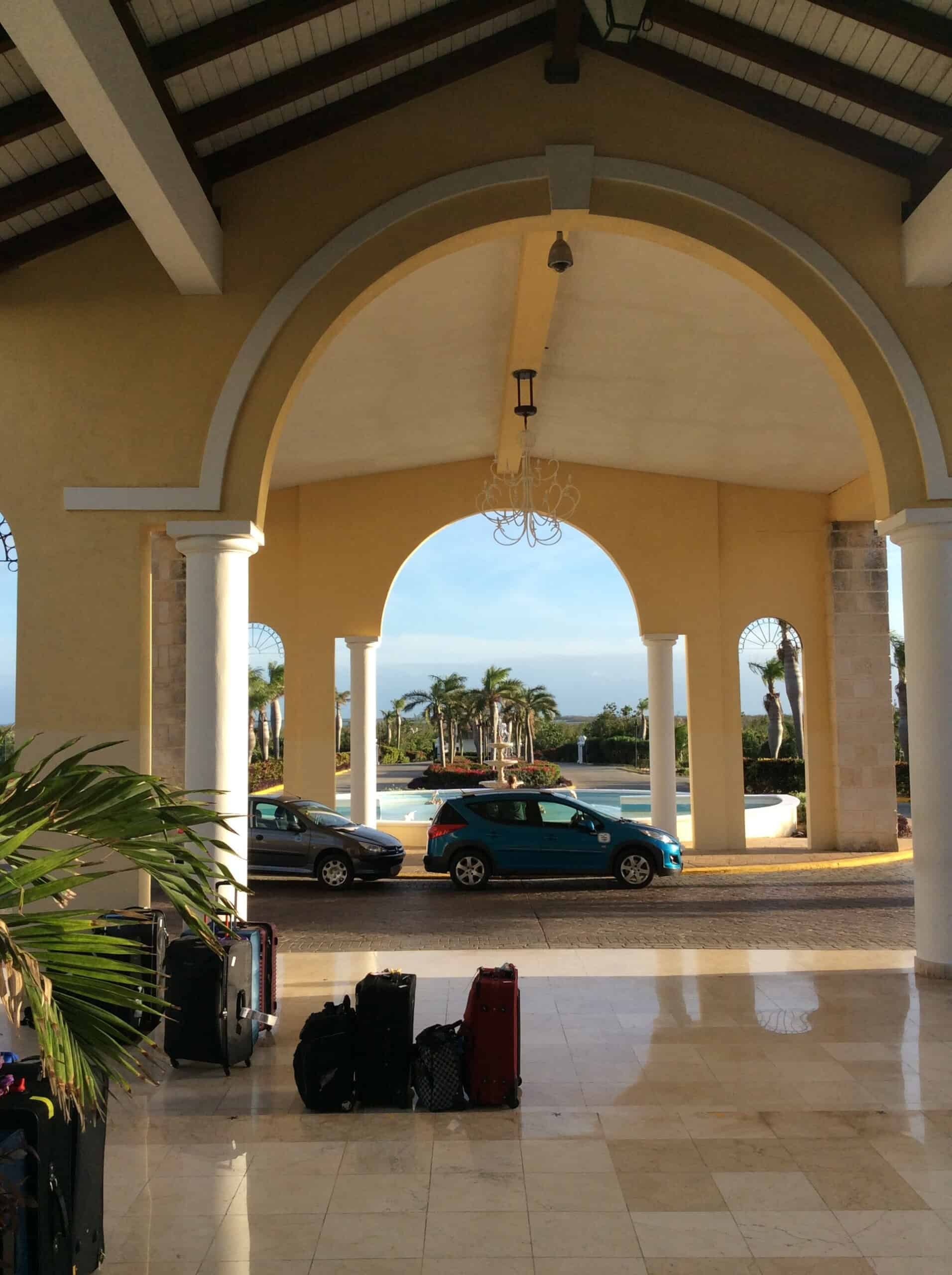Being scammed can happen to anyone
The list of scams is endless: romance, investment, home renovation, income tax, and grandparent scams are just the tip of the iceberg. I loved the recent news report of a grandmother in Windsor, Ontario who scammed the scammers. When a young man called her purporting to be her grandson, she called him by name. Just not her grandson’s name, but the scammer didn’t know that. When he came with his buddy to collect thousands of dollars from her, she had the police waiting to arrest them.
I never thought I’d be scammed, but I discovered scams come in many shapes and sizes.
Not too long ago, an ad featuring a specialty tent from Canadian Tire popped up online. The price was $37, promoted as a one-day-only special. I snapped it up. Two months later, I was still waiting for delivery. The price on my credit card had climbed to $87 with delivery charge and foreign exchange. When I went online to follow up, I found that it was a scam by a company masquerading as Canadian Tire. Goodbye to my $87 forever.
Why do scams work? The answers come from some unexpected sources.
According to Greek philosopher Aristotle’s concept of the golden mean, self-control is a quality of wisdom. Self-control lies between the extremes of indecisiveness and impulsiveness. As my University of Alberta philosophy professor Jared McGeough says, “Self-control is the best attunement to the nuances of specific situations.”
Primed as we are by social media to respond instantly, we’re all potential victims of scammers.
There’s wisdom in self-control: pausing, questioning, asking for advice. As the saying goes, “If something seems too good to be true, it isn’t true.”
Some situations feel like scams even though they’re a grey zone. I’m struggling with one now.
My friend and I signed up for a one-week all-inclusive package with Air Canada Vacations to Holguin, Cuba. We booked and paid $3,198 in October. We eagerly counted the days to lift off.
The night before our January departure, a text arrived from Air Canada. Due to weather, our flight from Edmonton to Toronto was cancelled. Two hours later, another text: our flight from Toronto to Cuba was also cancelled.
Because the cancellation was based on the weather, Air Canada responded that it was justified to take every penny of our $3,198. Two months later, we’re still fighting for restitution.
Was this a scam? I don’t know for sure, but I’m upset and angry that the flight from Toronto to Cuba was cancelled. The weather in the east was perfect. Could we have driven to Calgary and taken an early morning flight to Toronto to catch a flight?
I’m on the fourth round with Air Canada Vacations. I’ve gone from using their online portal to writing directly to the president of Air Canada in Montreal. I still hope to get some of our money back.
It isn’t much solace, but I’ve learned from my experiences. Self-control plus common sense are a must in future dealings.
I’ve been to Cuba before, and I still hope that I’ll travel to Cuba again one day. But I can almost guarantee it won’t be with Air Canada Vacations.
And when it comes to camping, my old tent with the broken zipper will just have to do.







